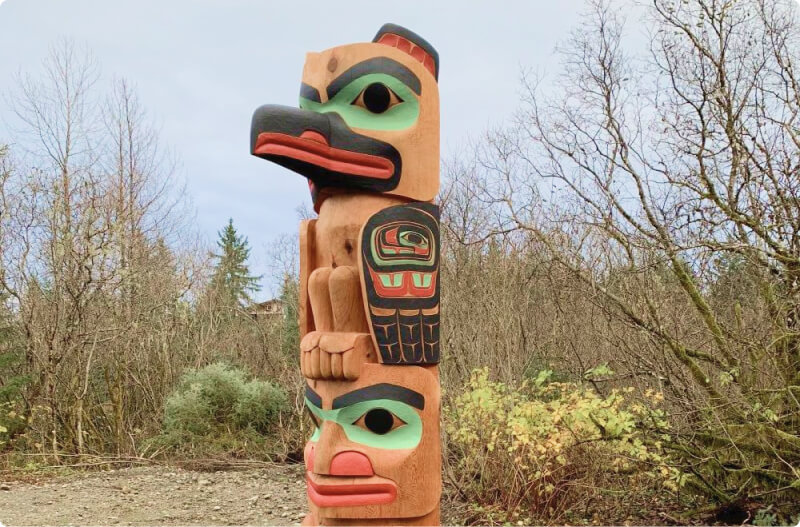
Reinforcing Culture, Part III
Culture doesn’t grow on its own. It has to be nurtured. Strengthened. Reinforced. Constantly. How do we do that?
Anthropologists, those who study humanity and culture, tell us that all cultures use 4 devices to define and institutionalize their culture.
- Totems. Totems are the symbols that remind a people of where they came from, what they stand for, who they are. You’ve probably seen pictures of “totem poles.” The strange creatures and designs on the pole are a kind of picture story of the tribe or the company. In modern times, we think in terms of signage, logos, particular types of office design, etc. What symbols help remind people in your company of the culture you are building?
- Lore and mythology. These are the actual stories, the legends a people tell themselves and their children to illustrate what their culture means. Stories of courage, of miracles, of great undertakings are the things that perpetuate and strengthen a culture. All companies have them. Perhaps the founder’s vision or the time you almost failed or that last-minute breakthrough. The more we tell these stories the stronger the culture becomes.
- Rites of Passage. Rites of passage or initiations are the shared experiences that define various stages of belonging to the culture. I knew of one company that had new leaders take a swig of Mellow Corn (perhaps the nastiest corn liquor on earth. In doing so, the new member was accepted as part of the team. Flowers on anniversaries. Retirement parties. Awards trips. These are all examples of rites of passage.
- Conversations. Daily, weekly, monthly discussions serve as times to unpack and illustrate core values. Imagine a tribe sitting around the fire at night as the elders talk about what it means to be honest or courageous. Now imagine a daily huddle to kick off the day in the office. It’s the same thing.
The work in reinforcing culture involves regular and creative use of the tools that tribes and cultures have developed over the centuries and finding ways to bring them into your “tribe.”
